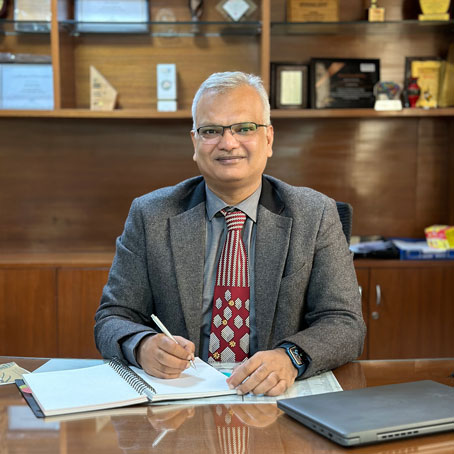Solid Waste Management and Role of Corporates

Corporates, being major producers and consumers of goods, generate a significant amount of waste, and can take responsibility for managing the waste by participating with local authorities. However, there are five key areas where corporates can have a major impact in the management of solid wastes.
First, corporates can be major influencers in the consumption behavior of communities. In many instances, society is driven by the choices offered by corporates to people and in several others, sustainable alternatives are not readily available to people at an affordable cost. Waste reduction strategies should be adopted by corporates in their procurement policies for the entire supply chain and in the final products. Credible information on the impact of such reduction strategies and opportunities 'for more' be carried out in collaboration with a neutral third party such as research centres, annually and widely publicized.
Second, solid waste has the potential to subserve the goals for GHG mitigation, energy supply, public health protection, protection of the marine environment, and opportunities for young entrepreneurs. Corporates can educate and inform people about the ecological footprints of their products and alternative products. Reduction in the use of packaging material should not be perceived as a cost reduction strategy for profits but the underlying message of the environmental benefits to which consumers are their equal partners. The critical point here is that such product labeling be backed by credible data and appropriate modeling tools offered by academia, since unlike carbon offsetting, ecological footprint analysis has a strong location and time axis. Education and awareness generation activities of corporates must be different from that used by municipal corporations.
Third, corporates can create demand for recycled products through the use of procurement policies, marketing, and investment in recycling facilities.
Fourth, solid waste being a diffuse pollution require decentralized interventions and huge workforce. Solar energy mission got a fillip through the involvement of large entrepreneurs for local implementation. It has multiplier benefits since entrepreneurs - are challengers to the convention, built on ideas that are novel for time and geography, and have the energy to swim against the tide. They have a passion for change and self-belief. Corporates can partner with academia in this initiative by supporting training programmes, providing seed funding for pilot testing to incubators and supporting incubation centers themselves.
Fifth, innovations and research in the waste sector are not seen happening as rapidly as in other sectors. There are not enough funding opportunities and thus the sector does not attract talent in the field. As a result, corporates too face difficulties in finding the right solutions. Research funding by governments is targeted and limited and does not address the need of applied research in waste management. Corporates should support research by setting agenda for researchers and giving grants which in the long run can help India improve its world ranking in research and innovation. The present government has rightly added research to the slogan 'jai jawan, jai kissan, jai anusadhan'. In research, the role of corporates will be vital.
